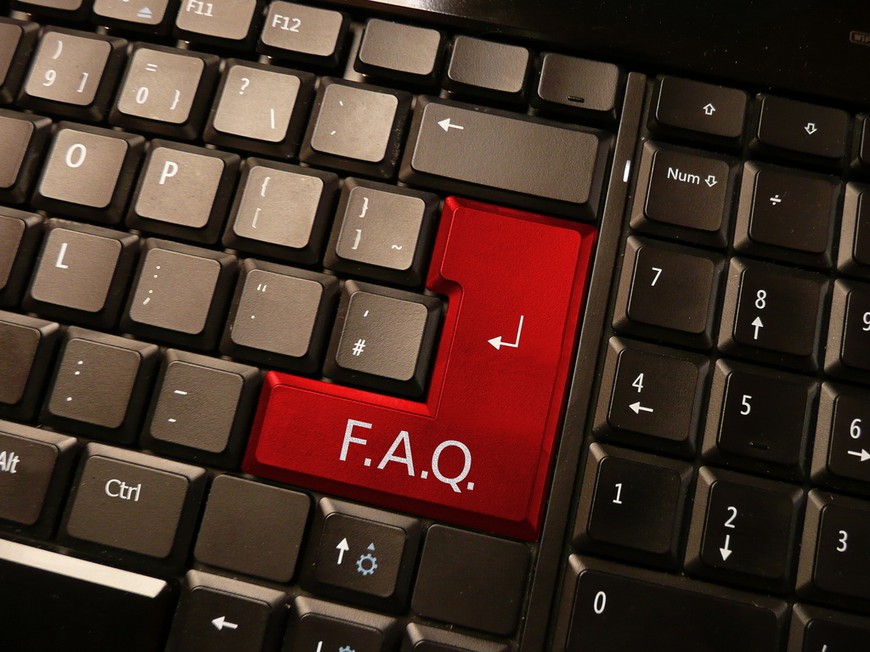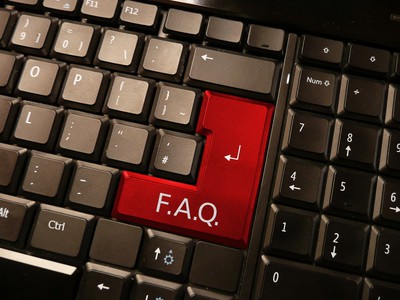

Curious about what’s inside the summary of the Reid/Kyl online poker bill that was recently leaked to the public, and what it means for players?
Although the actual act is still kept closely under wraps, pokerfuse has sifted through the summary to answer the questions players have been asking.
Will the “bad actor” clause affect PokerStars and Full Tilt? I thought the DOJ specifically said PokerStars could apply for a license when federal law changes?
PokerStars and Full Tilt would almost surely be affected by the five-year lockout called for by Reid/Kyl. The statements by the Department of Justice regarding PokerStars’ eligibility to apply for a license do not preclude a Stars application from being immediately rejected once submitted. Remember, the DOJ does not create United States law; its job instead is to the laws that the US Congress enacts.
What about Reid/Kyl’s 15-month blackout period?
Though technically it is a “waiting period,” this ensures that even under the most optimistic predictions, no federally authorized online poker will be available before 2014 at the earliest.
The summary explicitly states, “Existing gaming that is authorized, licensed and regulated by states or tribes as of May 1, 2012 is preserved.” Though it is possible that date may have been borrowed in whole from the Barton bill and not updated with a 2013 or 2014 date when used in the Reid/Kyl draft, if accurate, it may be an attempt to force other states, such as Delaware, to fall into a national framework rather than to independently seek a compact with Nevada companies for online-poker services. Delaware recently authorized online poker for its residents but did so after the May 1st, 2012 cutoff date.
Would the status quo continue during the 15-month blackout period? Can I continue to play on Revolution and Merge during this time?
Revolution, Merge and similar networks are considered unregulated offshore sites. Players have and always will participate on unregulated sites at their own risk. Following the enactment of the bill and the blackout period, that risk would be increased.
Reid/Kyl appears to include language criminalizing play on non-approved sites. Therefore, “winnings” and any property used for illegal online gambling as defined under the new law would be subject to forfeiture.
Such prospects would become real immediately upon signing of Reid/Kyl or any bill containing similar language, and would not be subject to blackout provisions regarding regulated operator startups. That poker players would allow themselves to be criminalized for playing poker in any form is one of the biggest obstacles against player support for Reid/Kyl.
Why does it not allow international player pools? Is this workable?
The exclusion of international player pools appears to be an attempt to keep all aspects of a site’s operation within the realm of United States jurisdiction, including the players. Lacking such a ban, international players who attempted to defraud member sites could remain outside the sites’ and government’s financial and jurisdictional reach.
Which takes priority — Nevada’s in-state regulations or something on the federal level such as Reid/Kyl?
While federal laws are generally take precedence over state laws, gambling matters such as these are usually deferred to the states, as is duly noted with this bill’s opt-in provisions.
The likely outcome is that in jurisdictional disputes between, for example, the upcoming Nevada online-poker industry and any similar national regulatory guidelines, the Nevada regs will hold sway—within that state.
Whether Nevada companies could be commanded to pay the 16% tax rate called for by Reid/Kyl remains an interesting concern, given that Nevada itself has already decided on taxation at less than half that rate.
Nevada, conceivably, could even choose against opting in to a federal regulatory network. However, the state’s hopes to service online players in other states, creating multistate compacts, could well run afoul of Reid/Kyl regulations.
16% tax rate, is that high? How does it compare to other countries?
The 16% tax called for in Reid/Kyl is based on eligible poker receipts, a term not defined elsewhere in the bill’s summary. This percentage probably applies to the gross receipts pulled in by a regulated site, and not a rake percentage as it would be applied to the actual running of a cash-game or tournament. However, further clarification is necessary.
As for how a 16% tax levy compares to other regulated online poker regimes, this would be far higher than Nevada’s announced tax rate of 6.75%, but lower than corporate rates assessed by most European countries who have already licensed internet poker. The US rate would be comparable to the UK, but lower than France, Italy and Spain.
Will players be able to use credit and debit cards?
One reason for the creation of Reid/Kyl is to define clearer operating room for banks and payment processors, who found that even online lottery ticket sales could run afoul of current baking guidelines.
Reid/Kyl is expected to create both a category of approved gambling transactions and a structure for a “whitelist” of approved operators. Credit- and debit-card transactions within these categories and via these approved vendors would then be free of the restrictions and declinations applied by banks to most other gambling-related card deposits and withdrawals.
External and self-controls designed to limit problem and addictive gambling are part of the Reid/Kyl measure, as are identity-verification and geolocation measures.
Will fantasy sports betting be impacted by Reid/Kyl?
Probably not, though one cannot be absolutely certain of this until the actual draft language of the bill is made public. The fantasy sports world receives the prominent support of broadcast outlets such as ESPN, and fantasy sports received a specific carve out under the 2006 UIGEA. While Reid/Kyl does carry language that strengthens UIGEA, it is unlike to remove the protection specifically created by that bill.
How is this different from the Barton bill?
The Reid/Kyl measure seems to be based on the 2011 Barton bill, though until the complete draft language is released, no one can say for sure. It is clear that some differences exist, such as Barton’s proposed Office of Internet Poker Oversight (OIPO), which has become the Office of Online Poker Oversight (OOPO) in the Reid/Kyl version.
The Reid/Kyl summary also addresses the Wire Act and the UIGEA in its attempt to plug the many holes in the UIGEA and address modern communications technology. Tribal interests also receive more specific mention in Reid/Kyl than in the Barton effort.
Other differences between the two bills likely also exist, and remain in need of a thorough public vetting.
What chance does it have of becoming law?
Reid/Kyl’s prospects seem slim, and have grown even slimmer in the wake of a public dispute between Nevada senators Reid and Heller in recent days.
Though at least one member of the PPA has handicapped the passage of the bill by the end of the 2012 lame-duck Congressional session at even money (50%), the very-similar 2011 Barton bill, still under consideration in the House, was rated as having only a 10% chance of passage by govtrack.us, a monitoring site.
One fact in Reid/Kyl’s favor is the switch to an “opt-in” provision for states wishing to participate, rather than the Barton bill’s opt-out, which may have been unconstitutional (and would likely be amended in a final version of Barton’s bill anyway).
However, an issue exposed in the latest Reid/Heller scuffle is that as a revenue-generation bill, any pro-online poker measure may well need to originate in the House of Representatives. Therefore, Barton or a similar measure may be the only way such a bill gets done, and Reid/Kyl may be a show pony with no legs.

